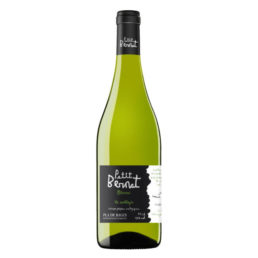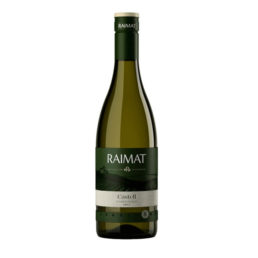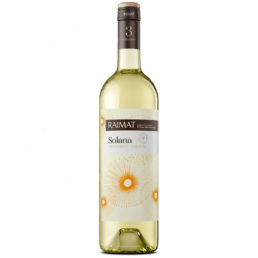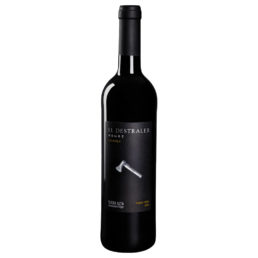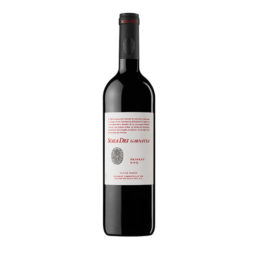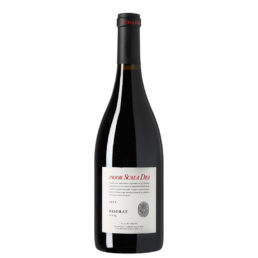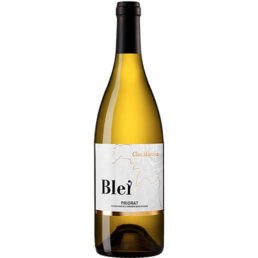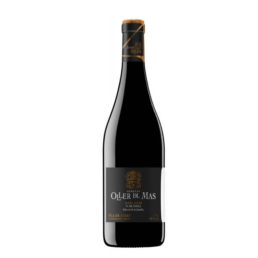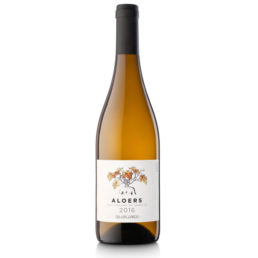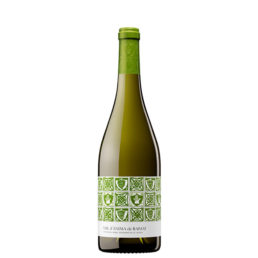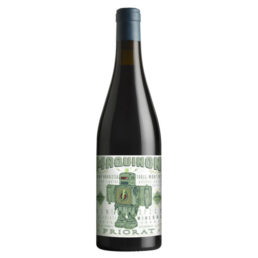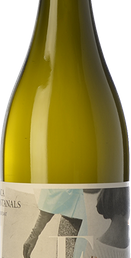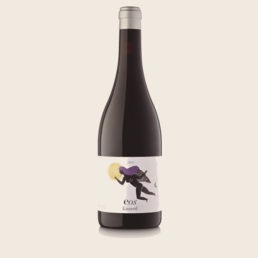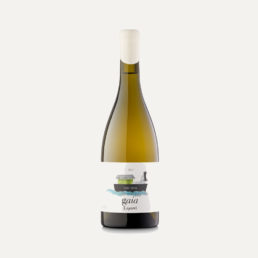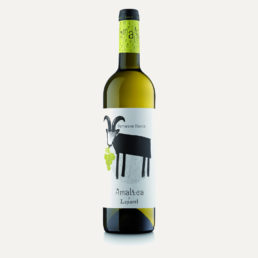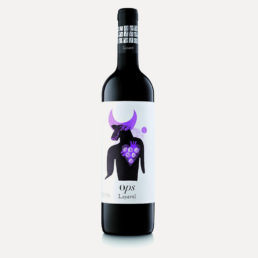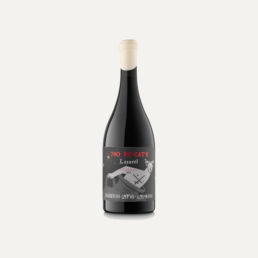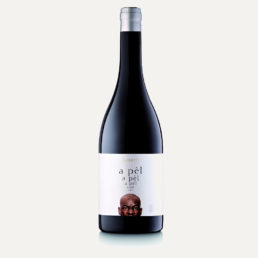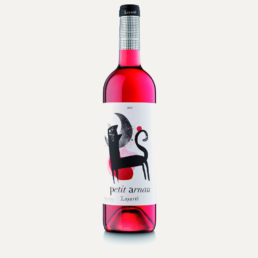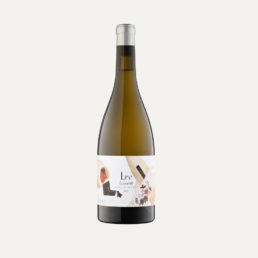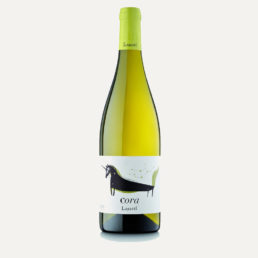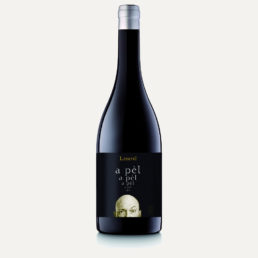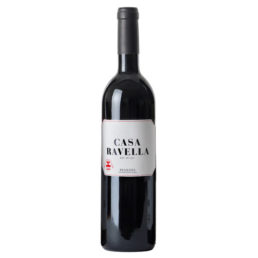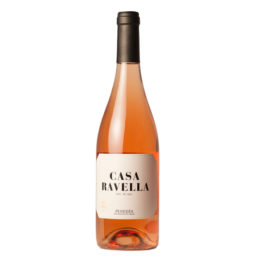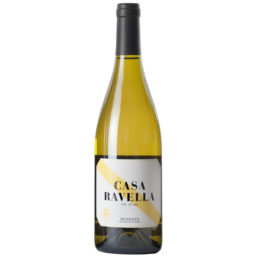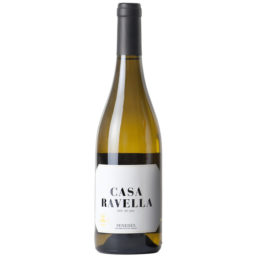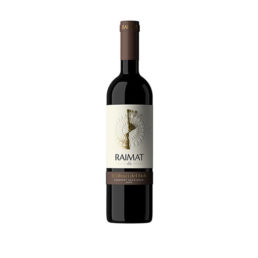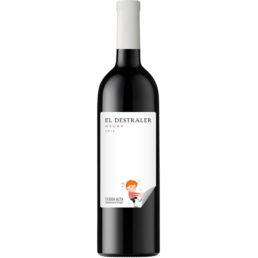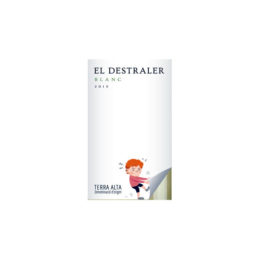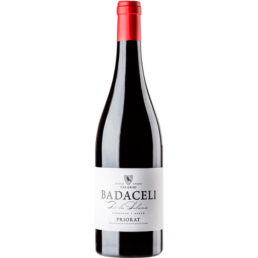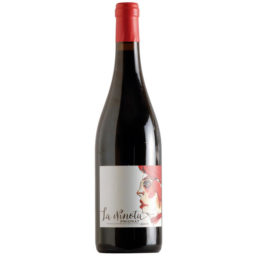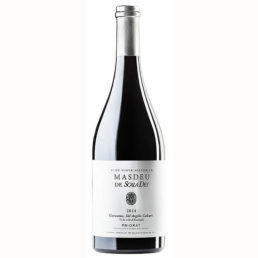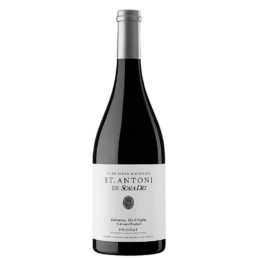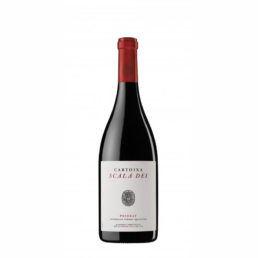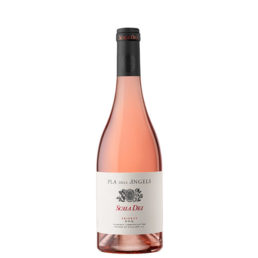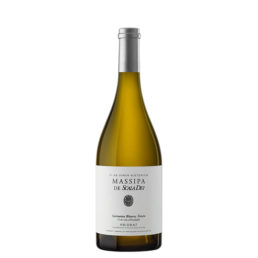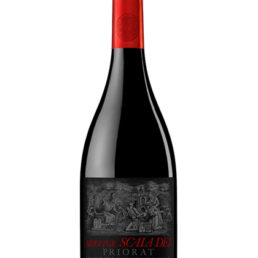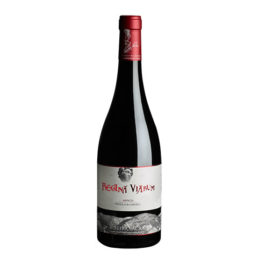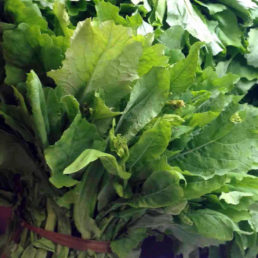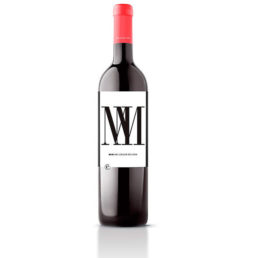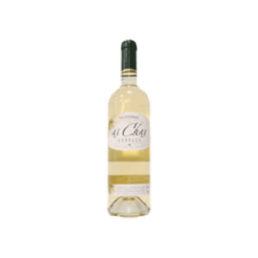Red wine Raimat Vallcorba
Raimat Vallcorba it is a red wine produced by the winery Raimat in D. Or. Costers del Segre.Raimat is the second project Grup Codorniu, owned by the Raventos family. Raimat, further, highlights in the field of research in enology, with more than 30 research projects wine is an authentic reference to a european and global level.Raimat Vallcorba is made from Cabernet Sauvignon and Syrah. The Cabernet Sauvignon grapes come from the finca Vallcorba, of calcareous soils, burdensome, light and very drained. The Syrah come from the farm Tibidabo, soil surface, texture fine and compact.The winery Raimat practiced organic farming, All vineyards are certified the CICC (Consell Català de Producció Integrated).The whole development of Raimat Vallcorba is aimed to maintain the fruit expression and freshness of the primary aromas.Therefore, the fermentation is carried out along with the skins, in stainless steel tanks, at a controlled temperature of 28ºC. Subsequently, a long maceration of 1 month, during which the power extraction of the qualities of the grapes by pumping over and the presence of the skins ensures a wine with good body and texture.After the vinification, the wine passed an aging process of 20 months in French oak barrels (80%) and american (20%) of 225 liters.












